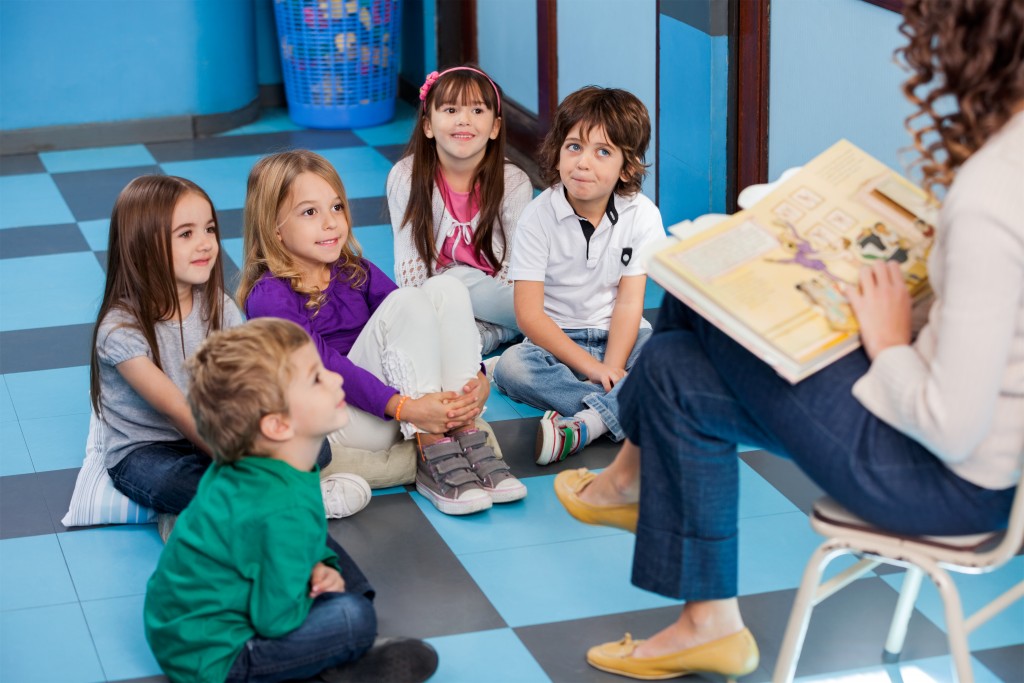- Role-play, storytime, music and dance, art projects, and cooking are effective home activities for fostering toddlers’ social skills.
- Role-playing enables toddlers to explore different perspectives, emotions, and scenarios, enhancing their communication and empathy.
- Storytime nurtures a child’s empathy and emotional intelligence, while music and dance foster rhythm, coordination, and self-expression.
- Art projects allow toddlers to express creativity and individuality, and cooking together teaches the value of teamwork and cooperation.
You play a critical role in your toddler’s social development as a parent or caregiver. It’s never too early to start teaching social skills in fun and engaging ways. Explore various methods and activities to turn learning into a playful and enjoyable experience for your little one.
Home Activities
Home activities provide a comfortable and safe environment for fostering your toddler’s social development. Start simple; engage in activities like playdates, where your child can interact with peers and learn essential skills like sharing, taking turns, and empathy. Here are some tips for you:
Role-Play
Role-playing is a powerful and entertaining method for teaching social skills to toddlers. This activity involves pretending to be different characters and acting out various scenarios, which can help your toddler understand different perspectives and emotions. For instance, you can pretend to be a doctor and your child a patient, or vice versa.
Through this, your child learns to communicate, empathize, and cooperate. It also helps them develop problem-solving abilities as they navigate through different situations. Always be there to guide them, and remember to talk about the feelings and behaviors of the characters after you finish the role-play.
This will reinforce the lessons and make them more memorable. Role-play boosts social skills and enhances imagination and creativity, making it an integral part of your toddler’s development.
Story Time

Storytime is a beautiful and versatile activity that fosters your toddler’s social skills. You’re exposing them to different characters, scenarios, and emotions by reading the various books. Encourage your child to discuss the characters’ feelings and actions, helping them develop empathy and emotional intelligence.
Storytime is also an opportunity to teach about the consequences of actions, decision-making, and problem-solving. It’s a wonderful bonding activity, which can be made interactive by using different voices for characters or by allowing your toddler to help turn the pages.
This also instills a love for reading from a young age, an indispensable skill in their learning path. Remember to keep storytime consistent and make it a daily routine. This will give your toddler a sense of stability, structure, and something to look forward to each day.
Music and Dance
Music and dance offer a multifaceted approach to fostering your toddler’s social skills. Engaging in a simple yet lively dance session can serve as a platform for teaching your child about rhythm, coordination, and self-expression. Exploring different types of music exposes them to various cultures, cultivating openness and understanding.
Additionally, participating in group dance activities provides opportunities for your toddler to interact with peers, promote teamwork, and learn to respect others’ personal space. Music can also stimulate emotional awareness – playing different songs can help your child recognize and discuss various emotions.
Singing along to nursery rhymes or favorite tunes enhances language skills and memory. Remember to keep these activities fun and age-appropriate to maintain your toddler’s interest and enthusiasm. Ultimately, combining music and dance provides a joyful and interactive way to boost your toddler’s social development.
Art Projects

Art projects offer a dynamic and expressive outlet for your toddler’s creativity while bolstering their social skills. Working on crafts, such as painting or sculpting with play dough, can help your child express their feelings and ideas uniquely, fostering a sense of individuality.
Group art projects allow toddlers to experience cooperation and teamwork, brainstorm ideas, share resources, and appreciate each other’s creations. Encourage your child to describe their artwork, which can enhance their communication and language skills.
Art projects also offer opportunities to understand and follow instructions, boosting their listening skills and patience. Remember, the focus should always be on the process and the enjoyment it brings, rather than on the final product. Integrating art into your toddler’s routine supports their holistic development and paves the way for a well-rounded, socially adept child.
Cooking Together
Cooking together is a delightful and educational activity that significantly aids your toddler’s social development. They learn the value of teamwork and cooperation by assisting you in simple tasks like washing vegetables, stirring ingredients, or setting the table. They also develop patience and learn to follow instructions as they wait for the meal to be prepared.
In addition, cooking together paves the way for discussions about nutrition and healthy eating, which instills good habits from a young age. This activity also allows for sensory exploration – the colors, textures, smells and tastes from cooking stimulate their senses and enhance cognitive development.
Above all, shared cooking experiences create wonderful memories and strengthen family bonds. Always prioritize safety, keeping toddlers away from sharp objects, hot surfaces, and raw ingredients that may be harmful if ingested.
Soft Play Areas for Toddlers
Soft play areas for toddlers provide a stimulating and secure environment to explore, learn, and build social skills. These spaces have various toys and structures tailored for little ones, allowing them to engage in active play while improving physical coordination and cognitive abilities.
By navigating through tunnels, climbing soft stairs, or interacting with sensory toys, your toddler learns to problem-solve, take risks, and develop fine motor skills. Furthermore, soft play areas are perfect for fostering socialization.
Here, your child can meet and interact with peers, providing them with invaluable lessons in sharing, collaboration, and teamwork. Despite the fun and learning, safety is a top priority in these spaces, ensuring your child can play and learn without worry. Incorporating visits to soft play areas in your toddler’s routine can significantly contribute to their holistic development.
Remember, your participation and guidance are key to translating these experiences into meaningful learning opportunities. So dive into these activities and start nurturing a socially adept and well-rounded child today!


